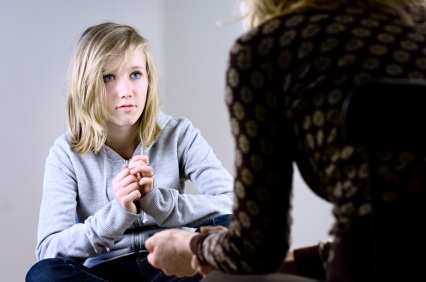Understanding Depression
Posted by Collaborative Counseling

There is a common misconception that depression is a choice. The truth is that depression is a common yet serious mood disorder that has to do with a chemical imbalance in the brain. People experience depression in a number of ways and symptoms can range from mild to severe. Depression can affect how someone feels and thinks as well their daily activities such as work and sleeping. There are a variety of factors that can put someone at-risk for developing depression such as:
- Genetics: Depression can be hereditary and runs in families.
- Environmental Factors: exposure to neglect, abuse and violence can be risk factors for depression.
- Personality: Traits such as low self-esteem and being easily overwhelmed by stress can make people more vulnerable to depression.
- Gender: Women are more likely than men to develop depression.
It should be noted that depression can look different for everyone. Some common symptoms of depression include.
- Difficulty sleeping or sleeping too much
- Loss of interest in hobbies/activities
- Appetite or weight changes
- Feeling hopeless
- Trouble concentrating
- Irritability
Treatments for Depression
There are several therapeutic treatment options for depression. Therapies such as cognitive behavioral therapy (CBT), mindfulness-based CBT and dialectical behavioral therapy (DBT) have all been shown to help reduce depressive symptoms and increasing coping skills.
Many courses of treatment for depression will include medications such as anti-depressants in combination with psychotherapy to treat depression. Remember, no two people are alike and therefore, neither are their treatments. What worked for one person may not work for you.
Additionally, activities such as yoga and exercise in general as well as meditation and healthy eating can all have an impact on our overall mood and help to decrease depressive symptoms.
If you are struggling with depression the first step is reaching out for help. Visit our website at: https://www.collaborativemn.com/ to learn more about the services we offer and the people who can help.
Read More
 View Our Locations
View Our Locations Request Appointment
Request Appointment





